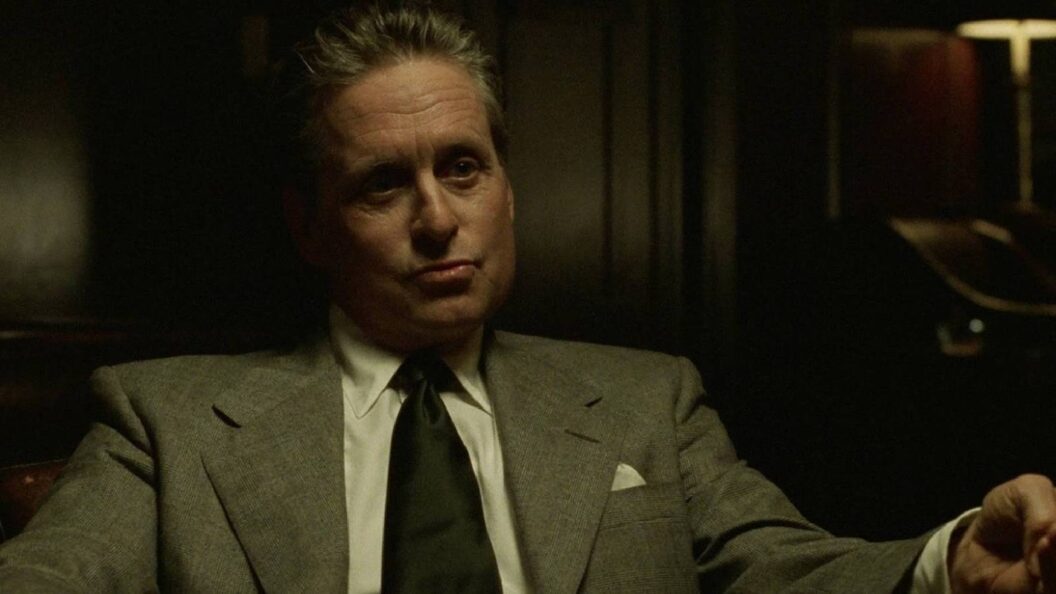David Fincher’s ‘The Game’: A Reflection on Regret and Thrills
In a thought-provoking 2014 interview with Playboy, noted director David Fincher revealed reservations about his 1997 psychological thriller, The Game, which stars Michael Douglas. Released shortly after his breakout success with Se7en and two years before the cult phenomenon Fight Club, this film has often been overshadowed by his more acclaimed works. Despite Fincher’s doubts regarding its legacy, many critics argue that The Game offers a thrilling experience that showcases the director’s burgeoning style.
Understanding ‘The Game’
In The Game, Douglas portrays Nicholas Van Orton, a wealthy and reclusive businessman whose life takes a dramatic turn on his 48th birthday when his brother, played by Sean Penn, gifts him an invitation to a mysterious and immersive game. As Nicholas descends deeper into the game, the lines between reality and conflict blur, leading him on a perilous journey filled with deceit and paranoia. Deborah Kara Unger plays a pivotal role as a mysterious woman who may or may not be part of the elaborate trickery surrounding Nicholas.
The film’s screenplay, penned by John Brancato and Michael Ferris, combines elements of psychological tension and dark humor. Fincher, known for his ability to craft intense narratives, enlisted Andrew Kevin Walker to deepen Nicholas’s cynicism, echoing the darker themes that would later resonate through his filmography.
Themes and Emotional Depth
One of the film’s strongest themes revolves around trauma and the concept of healing through risk and self-discovery. The title itself—The Game—is both literal and metaphorical, exploring the dangers of estrangement from loved ones. As Nicholas confronts painful memories, particularly linked to his father’s suicide on the same day he was born, the emotional gravity intensifies the thrill of the unfolding narrative.
Despite its twists, the film offers an unsettling exploration of a character’s psyche, embedding a sense of dark humor throughout. Fincher’s trademark style is present, characterized by grim atmospheres and layered storytelling that propels the viewer into a gripping psychological experience.
Reflections on the Third Act
In his interview, Fincher candidly expressed disappointment with the film’s third act, suggesting it fell short of his vision. He stated, “And in hindsight, my wife was right. We didn’t figure out the third act, and it was my fault, because I thought if you could just keep your foot on the throttle it would be liberating and funny.”
While critics note the final act’s apparent absurdity, acknowledging the “one twist too many” critique, many viewers find it adds to the film’s chaotic essence. The climax delivers unexpected revelations, keeping audiences on the edge of their seats and ultimately culminating in an ending that is darkly comedic yet captivating.
Legacy and Cultural Impact
Despite Fincher’s reservations, The Game reflects many thematic crossroads that would later define his acclaimed works. It incorporates narrative elements and visualization techniques that can be seen in films like Fight Club, Gone Girl, and The Killer. The film succeeds in establishing a tension-filled world where reality is malleable, laying groundwork for the storytelling complexities that Fincher would master over his career.
Interestingly, The Game remains a topic of debate among fans and critics alike. Its blend of brilliant performances, a uniquely troubling premise, and inventive cinematography ensures that it retains its place as an engaging cinematic experience, even if it doesn’t reach the apex of Fincher’s oeuvre. As one critic summarizes, “The fact that it’s one of his lesser films is not a knock on The Game but a testament to how great his career has been.”
Where to Watch
The Game is available for rent or purchase on various Video on Demand (VOD) platforms in the U.S., allowing both new viewers and longtime fans to explore this unique piece of Fincher’s filmography. Released on September 12, 1997, and with a runtime of 128 minutes, it remains a notable example of cinematic storytelling that continues to resonate today.
Fincher’s career is undoubtedly illustrious, and The Game stands as a testament to his ability to weave together psychological depth and thrilling narratives, even if he himself may regret certain choices made during its production. The film serves as a reminder of the complexity of human experience, layered in suspense and dark humor, and will likely continue to provoke discussions for years to come.









